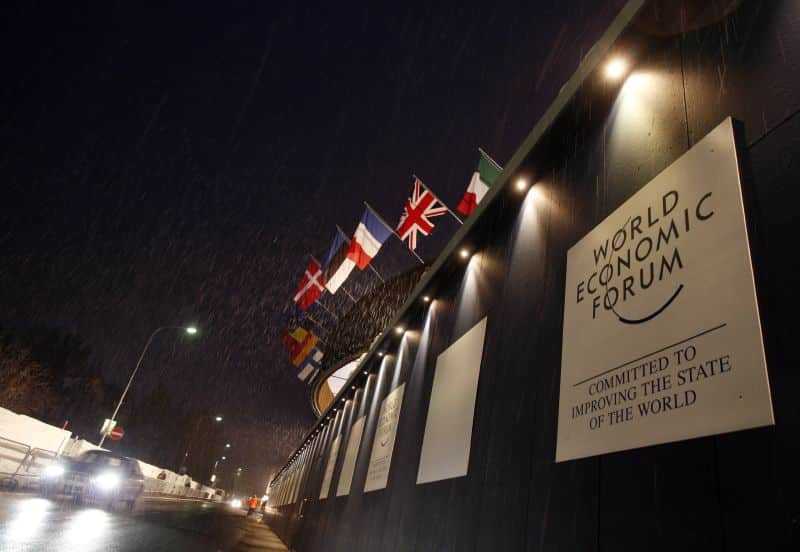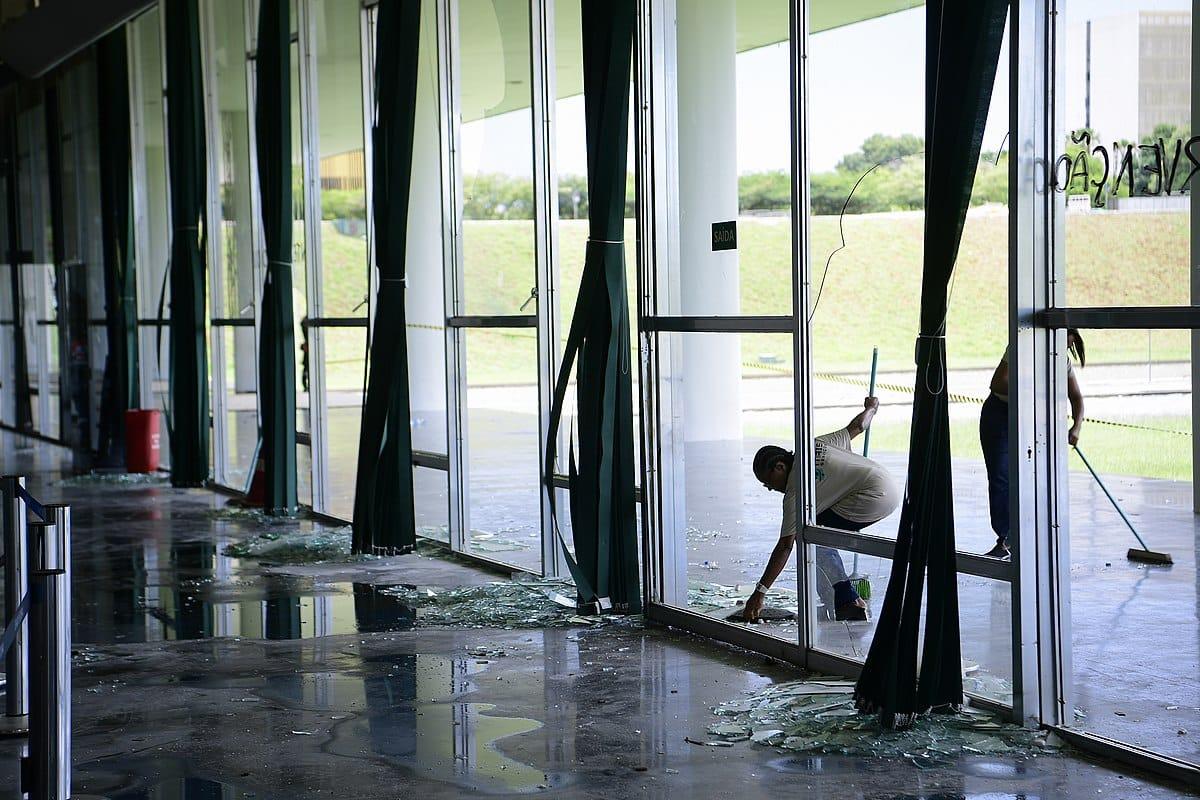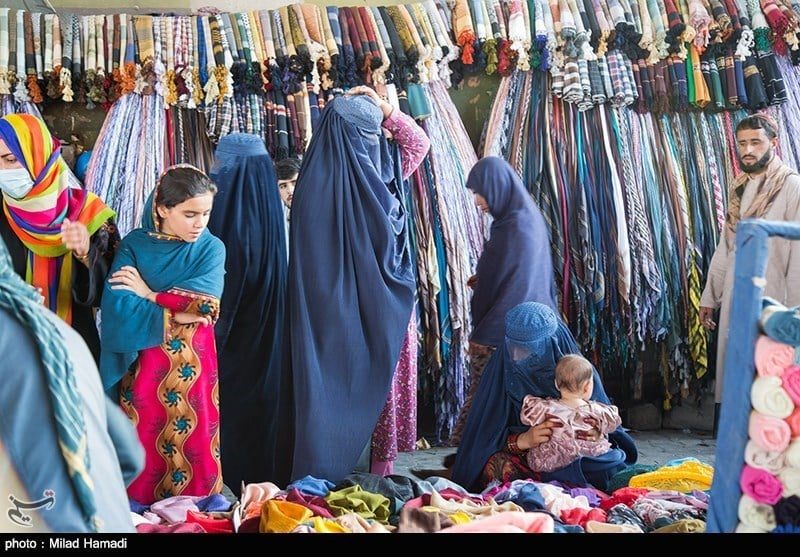Welcome to our roundup of news and current events related to ethics and international affairs! Here’s some of what we’ve been reading this past month:
 The oldest operating oil well in the UK - the Kimmeridge Oil Well in Dorset, England. Photo credit: Graham Horn via Wikimedia Commons
The oldest operating oil well in the UK - the Kimmeridge Oil Well in Dorset, England. Photo credit: Graham Horn via Wikimedia Commons
The Guardian: Banks still investing heavily in fossil fuels despite net zero pledges – study
One of the more promising agreements to come from COP26 in Glasgow was the formation of the Glasgow Financial Alliance for Net Zero (GFANZ). This Alliance was a consortium of around 450 organizations from forty-five different countries that pledged to help limit a global temperature rise to 1.5C by adjusting their future investments. Two years later, the climate pressure group Reclaim Finance evaluated their work and found that many of these organizations, in particular fifty-six of the biggest banks in the GFANZ, have continued to make long-term investments, totaling $270bn, in expanding existing fossil fuel projects. While GFANZ has argued that there needs to be a transition period, Reclaim Finance has countered by stating that to hit the 1.5C target, there can be no new investments in developing fossil fuel projects according to the IEA.
Read more about short-termism, net zero emissions, and climate justice in Ethics & International Affairs:
Global Climate Governance, Short-Termism, and the Vulnerability of Future Generations (2022: 36-2)
Which Net Zero? Climate Justice and Net Zero Emissions (2022: 36-4)
Climate Justice and Informal Representation (2022: 36-2)
 World Economic Forum in Davos, Switzerland. Photo Credit: Yoshiko Kusano via Wikimedia Commons
World Economic Forum in Davos, Switzerland. Photo Credit: Yoshiko Kusano via Wikimedia Commons
DW: Davos 2023 hosts global elite amid recession fears
The World Economic Forum is taking place in January in Davos again after its unusual meeting last May. While Ukraine still tops the agenda, there is also great concern over the global economy, in part due to the ongoing conflict in Ukraine, the surge of COVID-19 cases in China, and high inflation. There is also concern about how the low global growth rate. The theme of the meeting is “Cooperation in a Fragmented World," with a record high attendance rate, including around fifty government officials and 1500 business leaders. Most are concerned about an impending global recession. Russia is still notably banned from attending due to its continued aggression against Ukraine.
Read more about China’s future, how globalization is changing, and the possibility for global pluralism in Ethics & International Affairs:
China and the Future International Order(s) (2018: 32-1)
Reconstructing Globalization in an Illiberal Era (2018: 32-3)
Beyond the BRICS: Power, Pluralism, and the Future of Global Order (2018: 32-1)
 Damage done to Brazil's National Congress on January 8, 2023. Photo credit: Pedro França and Agência Senado via Wikimedia Commons
Damage done to Brazil's National Congress on January 8, 2023. Photo credit: Pedro França and Agência Senado via Wikimedia Commons
The Washington Post: Brazilian authorities target riot financiers’ assets to pay for damage
On January 8, pro-Bolsonaro protestors stormed Brazil’s Congress, presidential palace, Supreme Court, and the solicitor general’s office, causing serious damage. While current President Lula maintained control of the government and is launching an investigation into the acts of vandalism, there is still anti-Lula sentiment in the country, particularly in the south. Jair Bolsonaro supporters claim that the election was stolen from him and acted on this disinformation. The police detained around 1800 people in connection with the riot, arresting 1,159 of them. They face fines up to $3,800. In addition, an appeal to the federal court is looking to hold companies and people accountable that funded the coup attempt, which primarily were small businesses and transportation companies from the south. This appeal aims to freeze 1.3 million dollars, which can be used to repair the damages caused by the rioters.
Read more about democratic “front-sliding,” civil resistance, and asset freezing in Ethics & International Affairs:
The Pragmatics of Democratic “Front-Sliding” (2022: 36-4)
The Not So Targeted Instrument of Asset Freezes (2019: 33-3)
 Daily life in Kabul circa 2021. Photo credit: Milad Hamadi for the Tasnim News Agency via Wikimedia Commons
Daily life in Kabul circa 2021. Photo credit: Milad Hamadi for the Tasnim News Agency via Wikimedia Commons
NPR: Kabul's mannequins hooded and masked under Taliban rules
One of the latest policies to come from the Taliban’s rule in Afghanistan is to require shops to cover the faces of mannequins or remove the heads altogether. After pushback from store owners who claimed it would hurt sales and damage expensive mannequins, the Taliban allowed for store owners to simply cover the faces. The policy comes from a religious argument that a mannequin could represent a person and become a false idol. As some Afghans have noted, this rule from the Quran has not been interpreted like this in any other Muslim country. While some have creatively decorated the mannequins’ coverings, others cannot afford to do so, and have simply covered the heads with plastic bags. Some Afghan women have commented on how it reflects their own feelings living now in the country, as the Taliban has reinstated several rules limiting women’s freedom, such as requiring that they cover their faces when outside, barring them from most jobs, and banning education for girls past the sixth grade.
Read more about intersectionality and inequalities, violations of women’s rights, and the struggle for gender equality globally in Ethics & International Affairs:
Extractivism, Gender, and Disease: An Intersectional Approach to Inequalities (2018: 32-2)
The Neglected North Korean Crisis: Women's Rights (2021: 35-1)